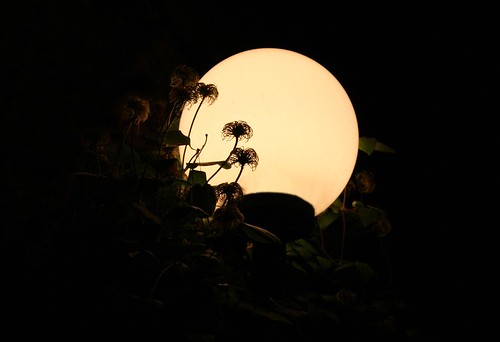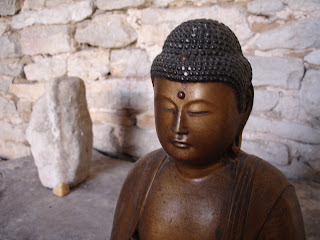You might have taken part this time, and you might not have. You might have religiously written a small stone every day, or had a few false starts, or written three and then forgotten about it completely.
It doesn't matter.
If you let them, small stones will help you to connect with the world one teensy moment at a time. They will work on you at their own pace.
Every time you pause to notice the exact texture of an egg, or the glittering thread of drool hanging from your happy cat's chin (yuk!), and wonder how you'd write it down, can be counted as a tiny triumph.
Even if you've had ONE of these moments this month, one that you wouldn't have otherwise experienced, then we'll be very happy.
We're always pleasd to hear from people - do let us know by email (Fiona or Kaspa) or in the comments section how you found the experience.
If you'd like to take your writing practice to another level, you could join one of our month-long self-study ecourses starting on Monday - Eastern Therapeutic Writing with Kaspa (koans, Japanese poetry and Morita therapy) or Writing Ourselves Alive with Fiona (curiosity, honesty, compassion & passion).
If you don't get a jiggle on quickly enough they'll repeat later in the year - here's the rest.
We won't be posting here again for a while, until we've cooked up the next project for our river. We would like it very much if you'd follow us over to the Writing Our Way Home blog, and you could also try Fiona's weekly inspirational newsletter, or come and say hi at our community.
Thank you for reading our blog, and for being a very important drop in the river.













